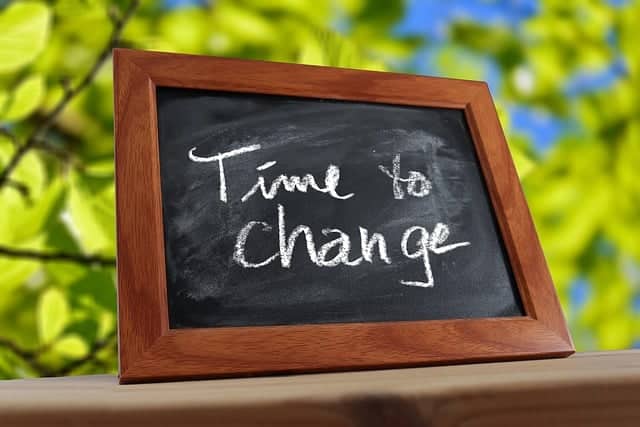In recent years, growing criticism has been directed towards the use of private jets by the world’s wealthy elite. This is not without reason, as a trip on a private jet leaves a CO2 footprint up to 17 times higher per passenger compared to a commercial flight. It’s easy to point fingers at the elite, but we often forget to examine our own travel habits and the impact they have on the climate.
For instance, when an ordinary traveler takes a round trip to Mallorca, their annual CO2 emissions increase by about half a ton. If the destination is overseas, the footprint can grow by more than two tons. By comparison, the average Danish citizen emits about 11 tons of CO2 annually. The problem with aviation’s CO2 emissions is particularly complex because it is international, and many of the world’s governments hesitate to address it. On one hand, there is a desire to promote tourism and global trade, which drives economic growth, but on the other, this means we overlook a significant source of pollution.
The aviation industry is quick to downplay its environmental impact. It often claims that air travel accounts for only about 2% of global CO2 emissions. However, this is a misleading figure. Because aircraft release CO2 at altitudes of up to 10 kilometers, the pollution has a much greater effect than emissions at ground level, doubling the climate impact. In reality, aviation is responsible for 4-6% of global CO2 emissions.
One reason the aviation industry has avoided stricter regulations is due to intense lobbying from IATA (International Air Transport Association) and other powerful stakeholders. They warn of the economic consequences of increased demands for CO2 reductions. And without extreme events like pandemics or economic downturns, it’s unlikely the number of passengers will decrease. For example, passenger traffic at Copenhagen Airport has now exceeded 2019 levels, before the pandemic.
Rather than hoping for fewer people to fly, we should use this knowledge to fund global solutions that can reduce CO2 emissions. Each day, around 200,000 flights take off worldwide. If we implement a global levy of $12 or €12 per passenger per flight on commercial flights (ticket price is hundreds or thousands of $), and a corresponding charge of 17 times that amount for passengers (or a fixed levy if plane is empty) on private jets, we could generate more than $100 billion annually.
This would be relatively simple to implement, as airlines and airports are already accustomed to collecting taxes and fees on behalf of governments, as well as fuel surcharges. The funds could be directed into global initiatives or funds (not normal local tax structures), managed by the UN or a similar international organization, which could collaborate with universities, financial institutions, startups, and established businesses to develop CO2-reducing technologies. Such a fund should be governed by experts in climate and technology, while government representatives would participate without veto power.
With this system, every traveler would pay for their own CO2 footprint, and the funds would be used to promote green solutions that benefit the entire planet. By holding air travelers accountable and channeling their contributions towards climate initiatives, we can make a tangible difference in the fight against global warming.
.



